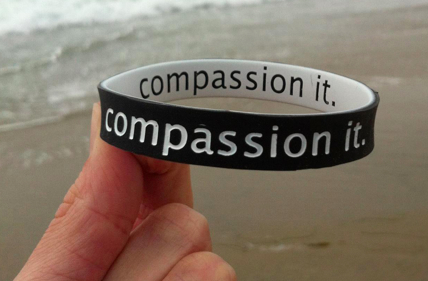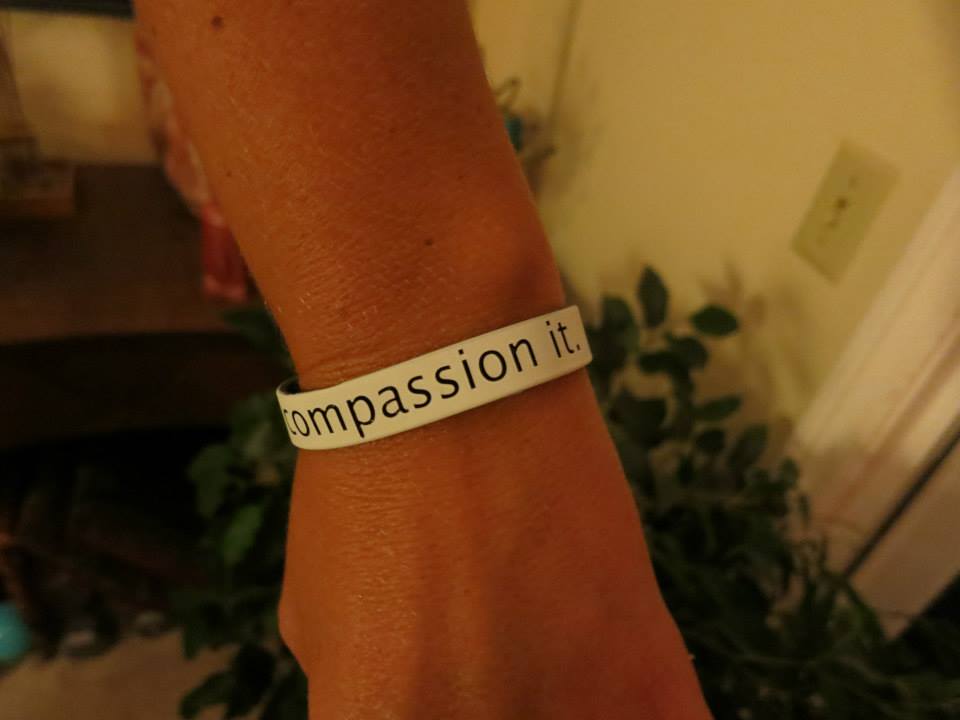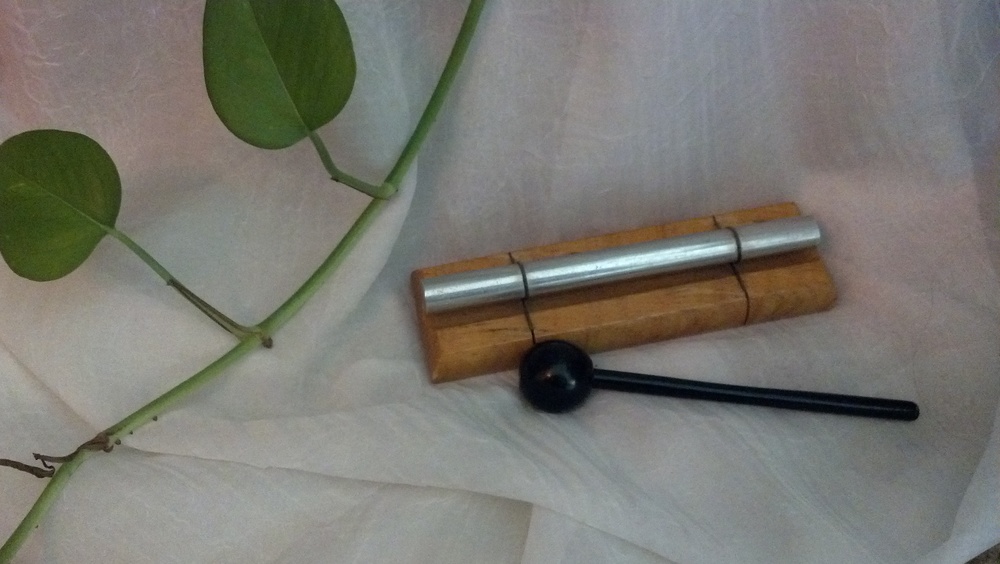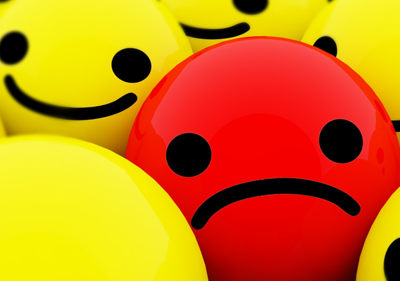What does Compassion have to do w/ Sex?
/Consider these utterances:
All men are assholes.
I know how to get women into bed.
I didn't even know the bitchs' name the next morning.
I’d rather fake an orgasm than have to tell my partner what I like.

American social norms encourage much judgment and shame around sexual expression. We plaster sexual images everywhere, but are also quite prudish. There is so much discomfort around sex, and frank sexual conversations are often avoided. Sexual expression can be stigmatized and anything outside of a narrow range of "normal" seen as wrong. However, if we remember that as humans we all are on this wild ride of life together on this planet, and that connecting intimately with others is one of the most beautiful things we can do as humans, we may be able to be a little kinder to our partners and even random people.
We share, as humans, the vulnerability of wanting love and connection. We could dislike this feeling of vulnerability and run from it by projecting negativity on others in an attempt to protect ourselves. OR, we could realize that we all share these same basic fears and deep desires. This common humanity unites us. And I hope it motivates us to inspire love and compassion, instead of fear and disconnect.
~Dr. Jenn Gunsaullus, San Diego Sexologist, Sociologist, Sexuality Speaker

















































